Yes, you can totally eat your way to weight loss. Nutrition is a fundamental part of losing weight, and there are certain foods that can help you shed kilos. “The key to sustained weight loss is to boost your metabolism and incorporate foods that help,” weight loss and management specialist, and cardiologist, Dr Luiza Petre tells Prevention.
So what kind of foods can do this? "The best and healthiest foods for weight loss are naturally high in fibre and water, and naturally low or moderately low in kilojoule density," explains dietitian Kimberly Gomer. Another important factor, according to Gomer? The less processed the food, the better for burning fat. From fruits and veggies to pasta and chocolate (no, that is not a typo!) here are 25 fat-burning foods that will help you eat your way to a slimmer body.
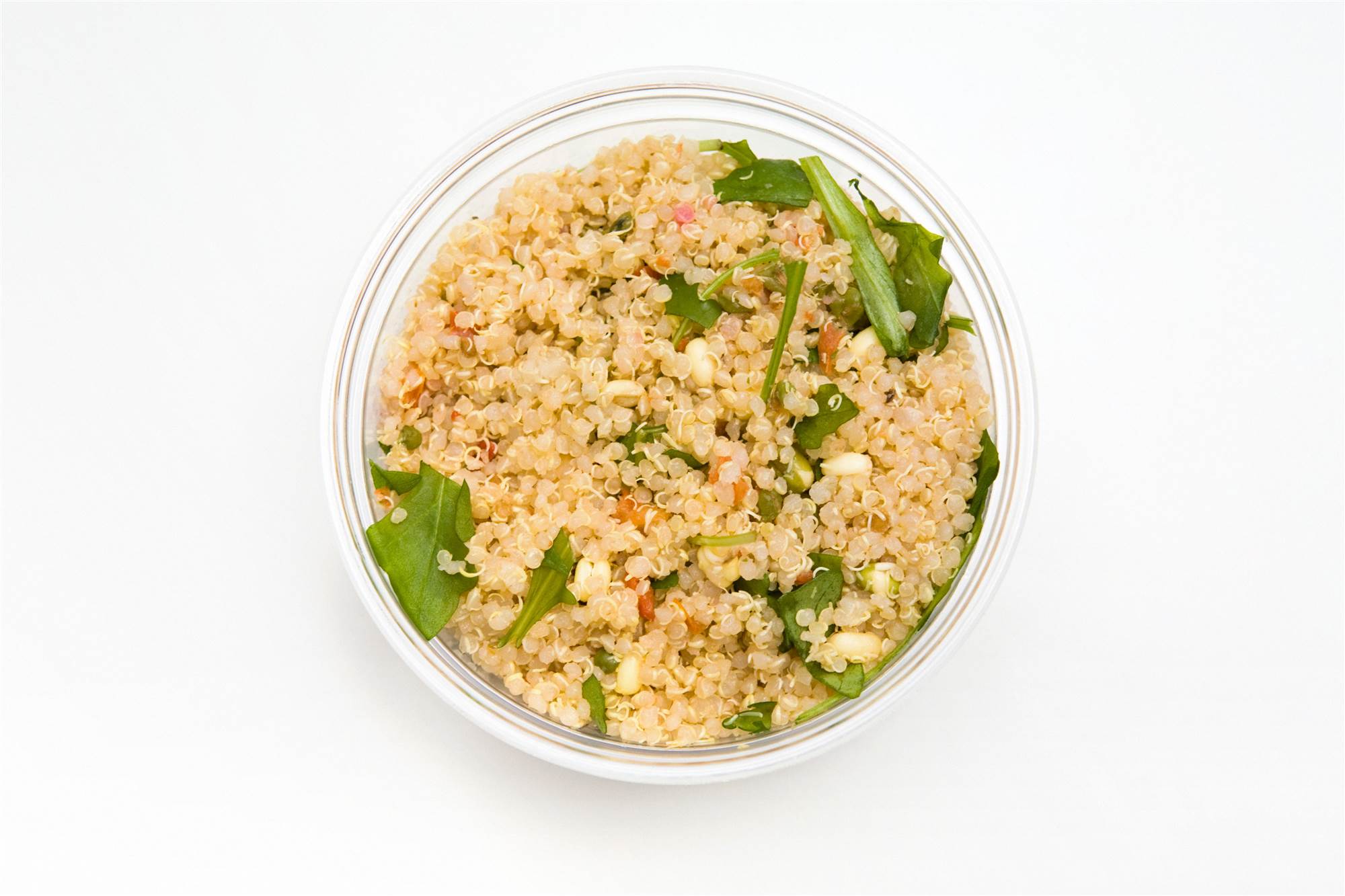
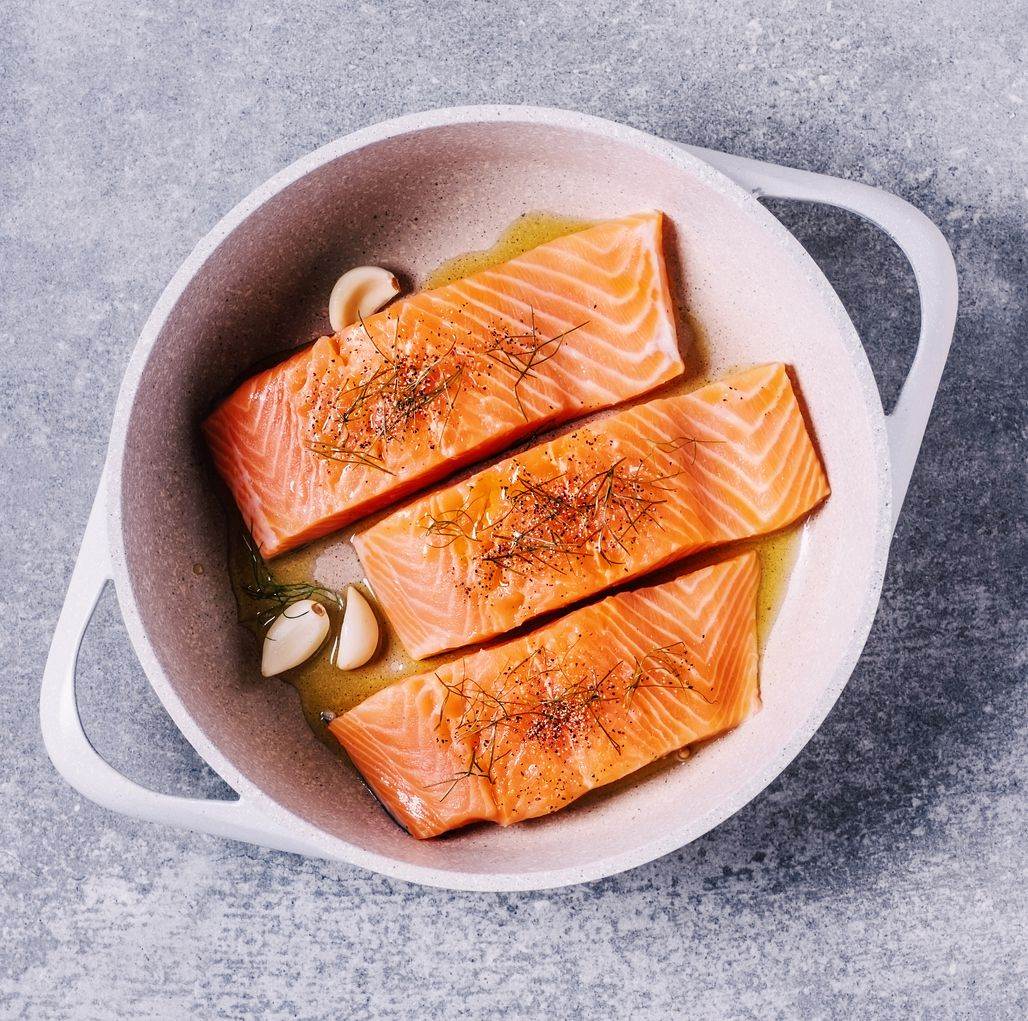
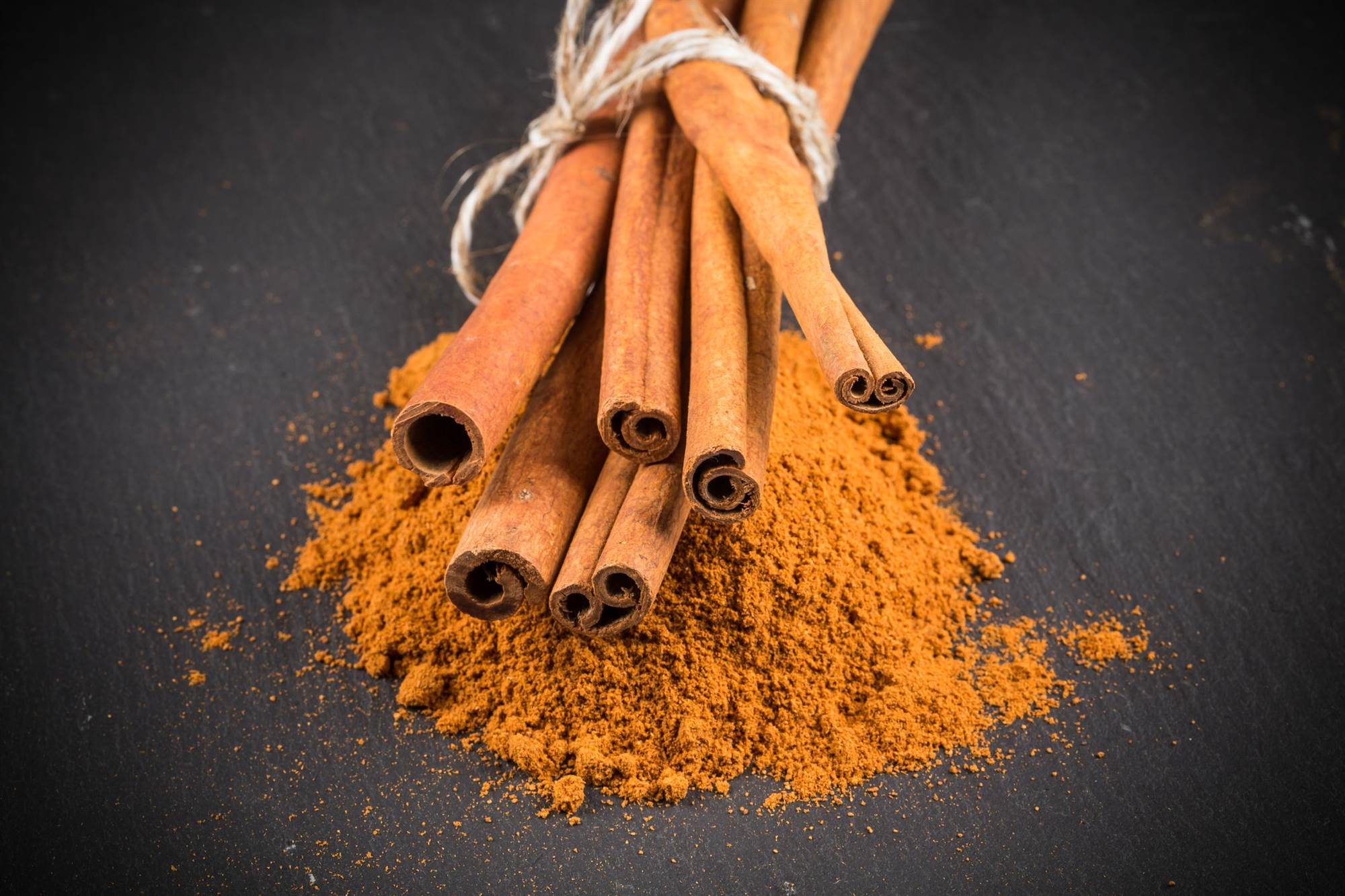
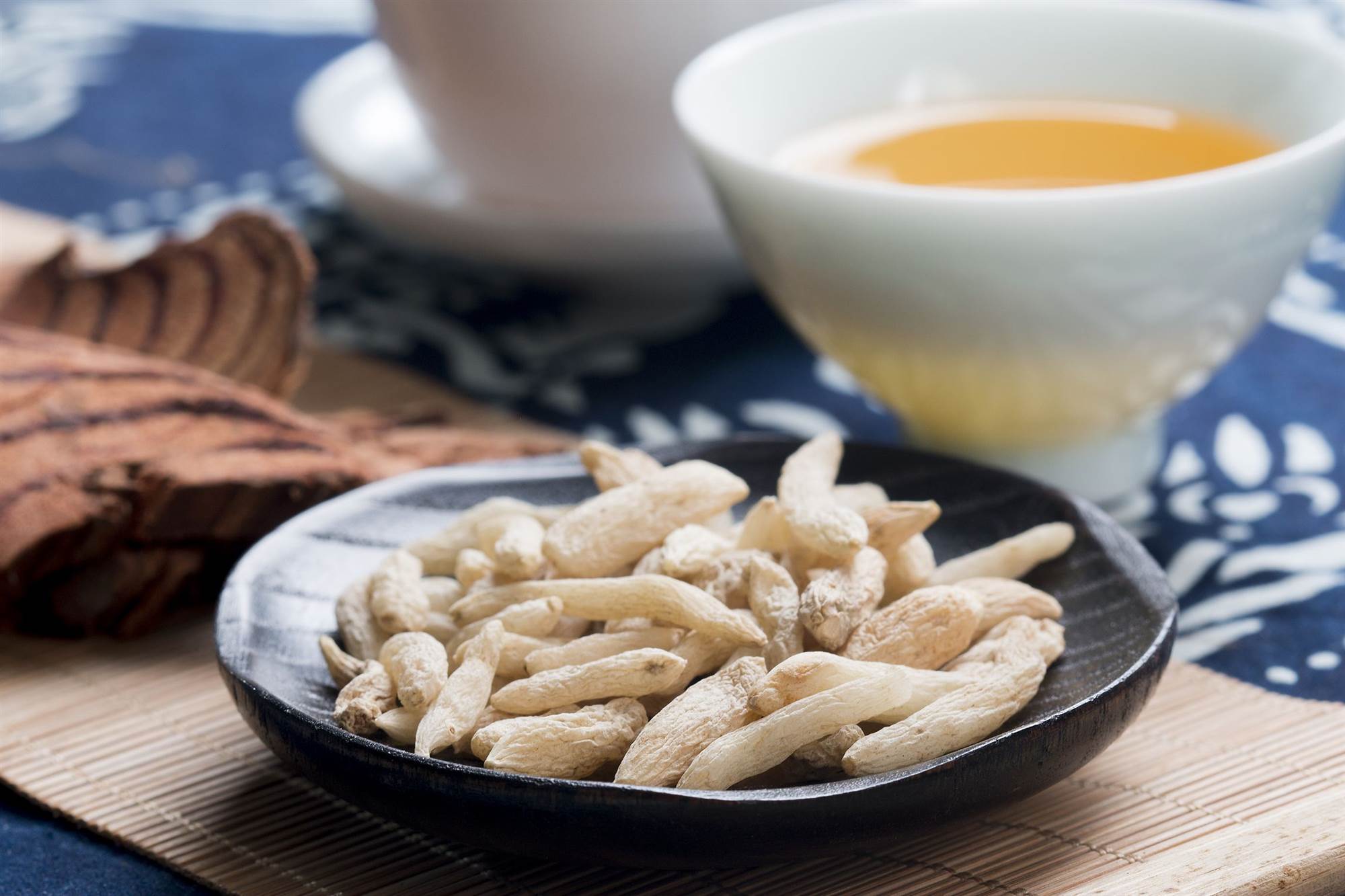
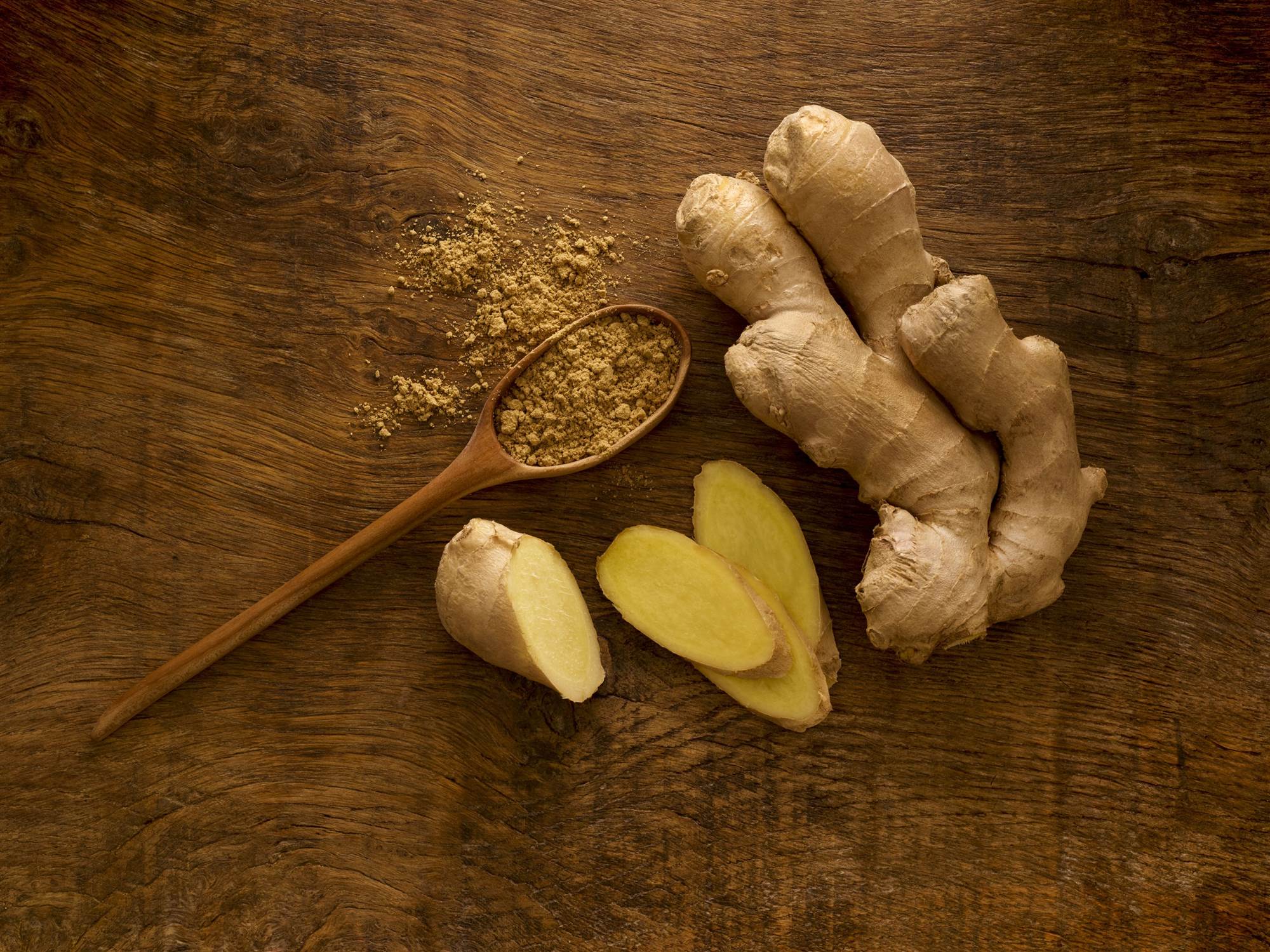
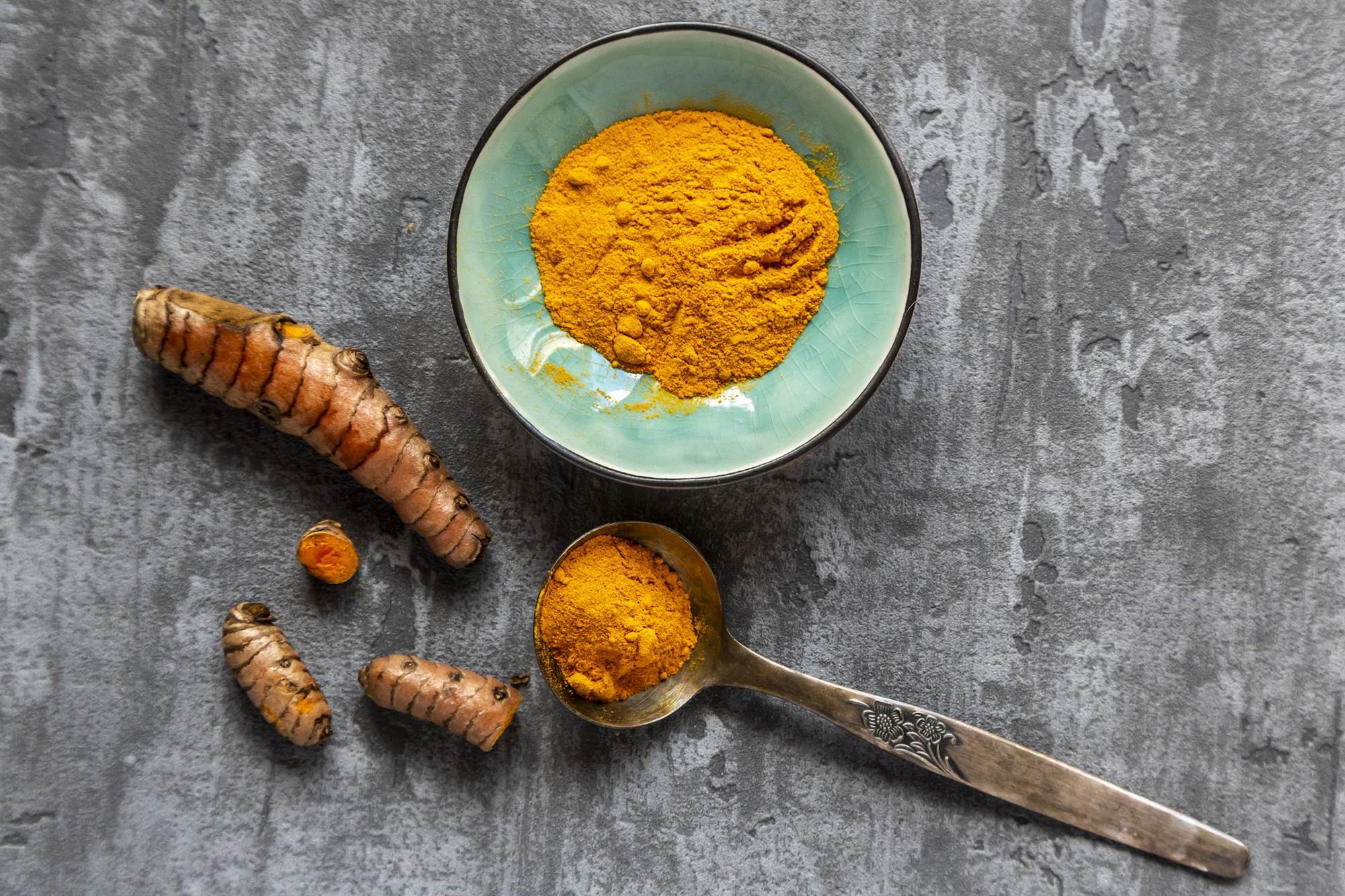
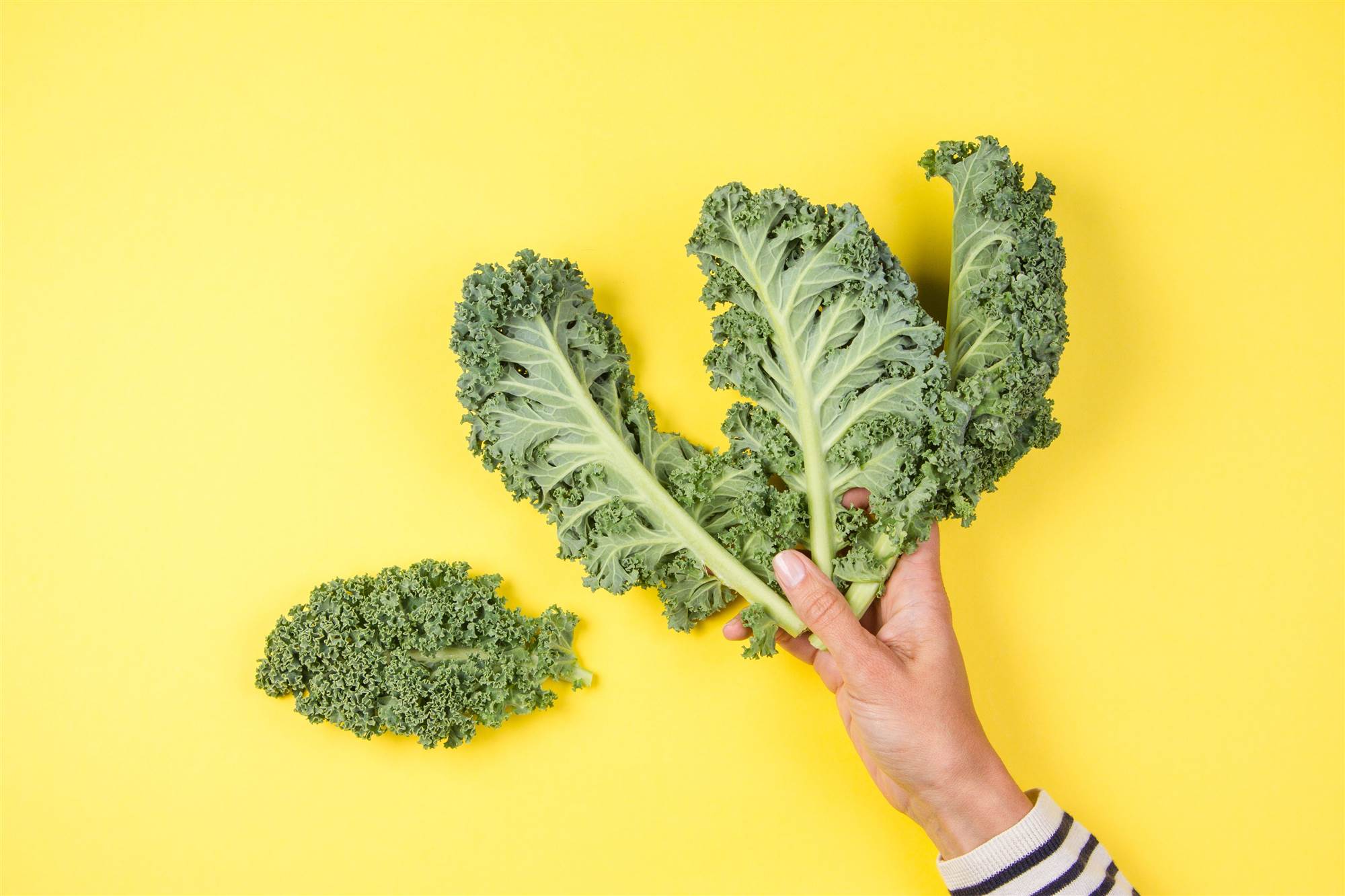
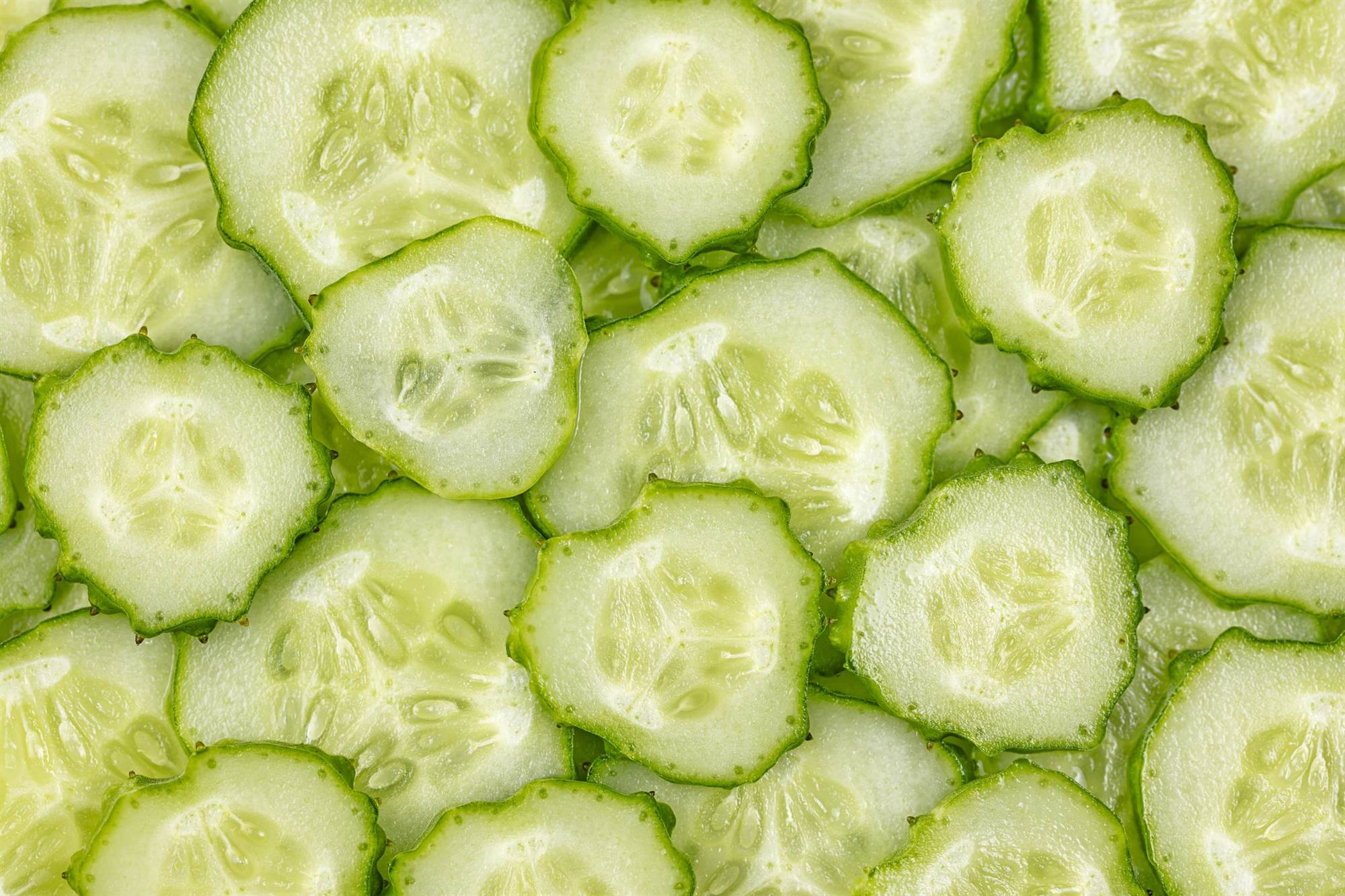
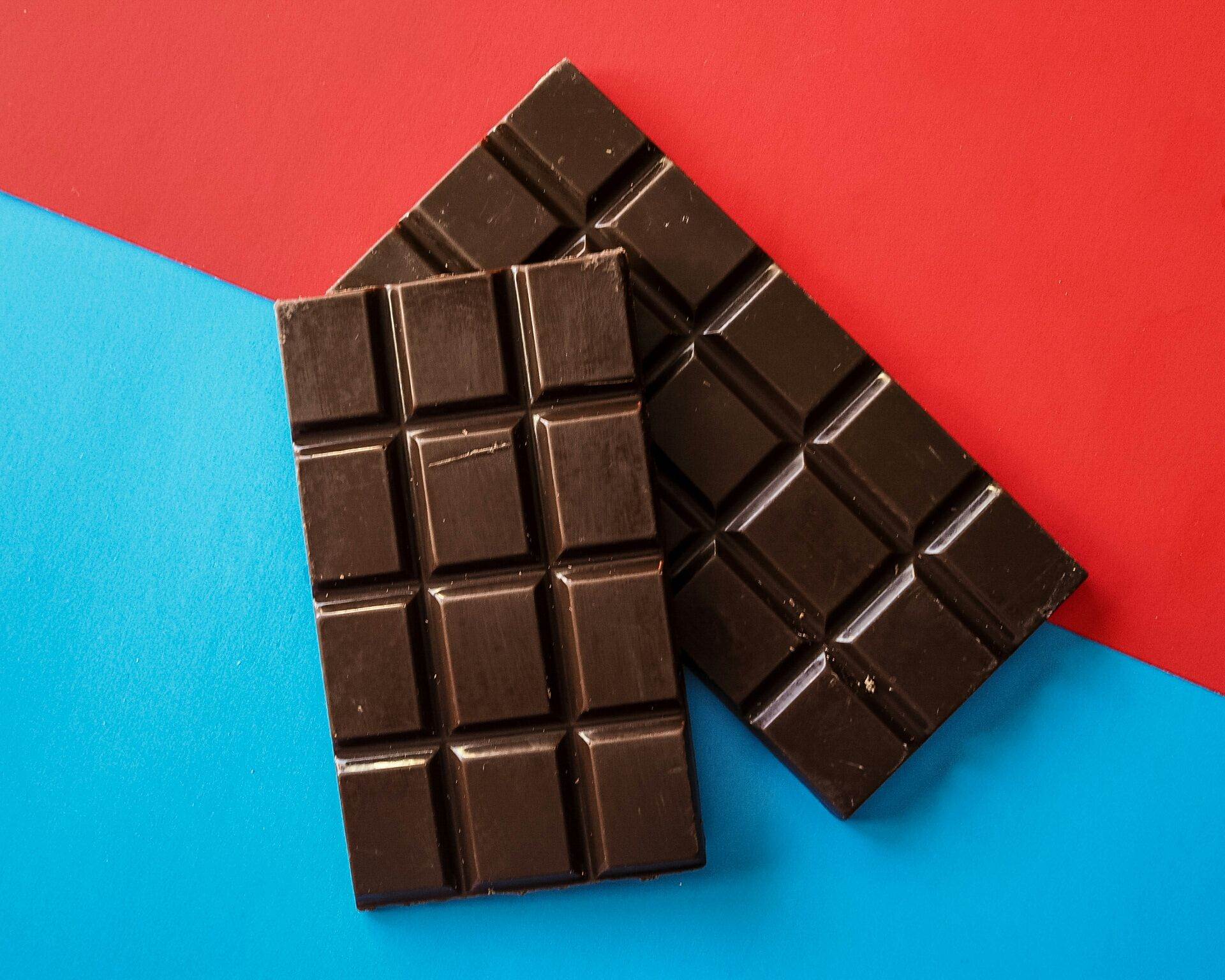
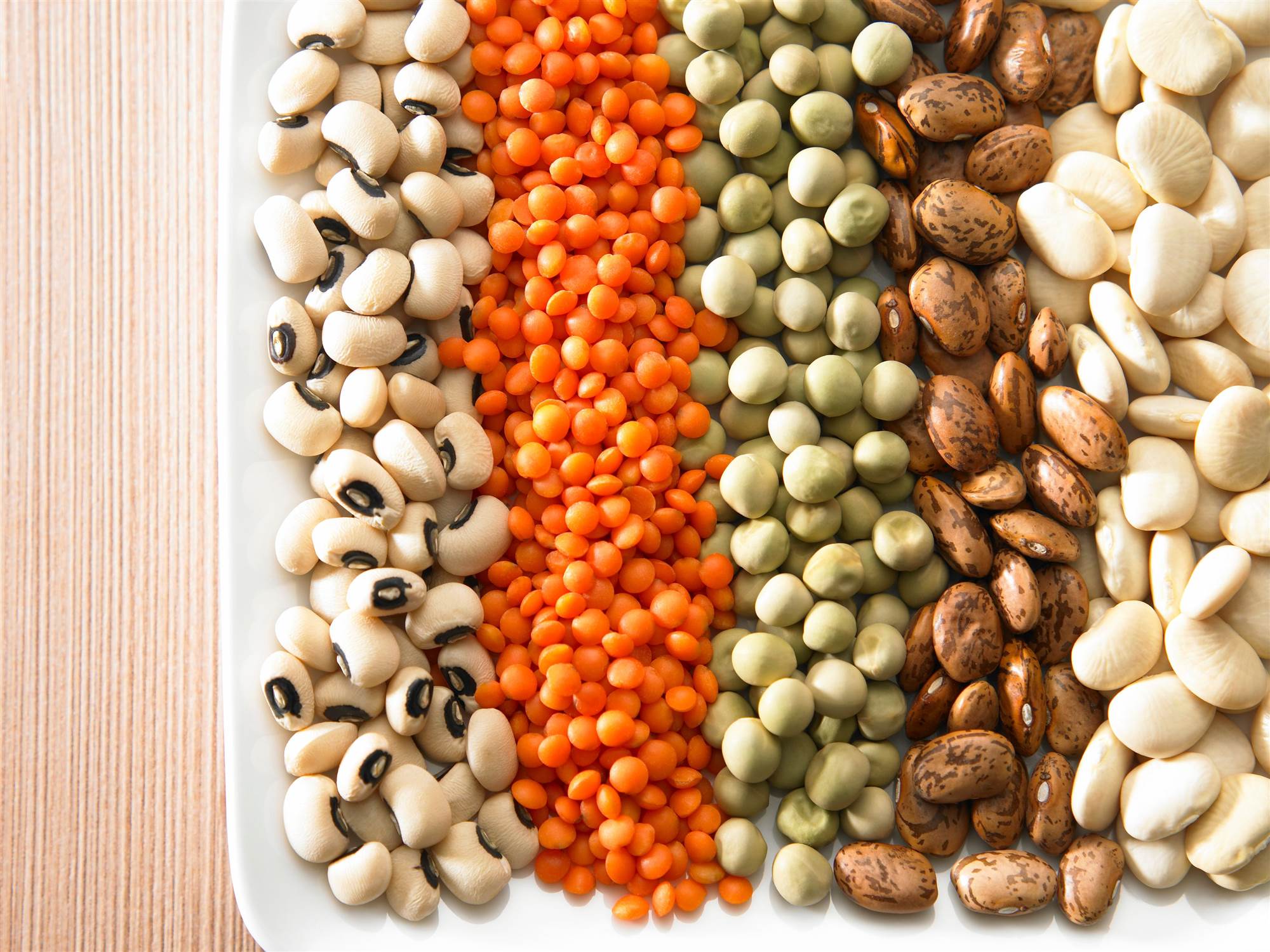
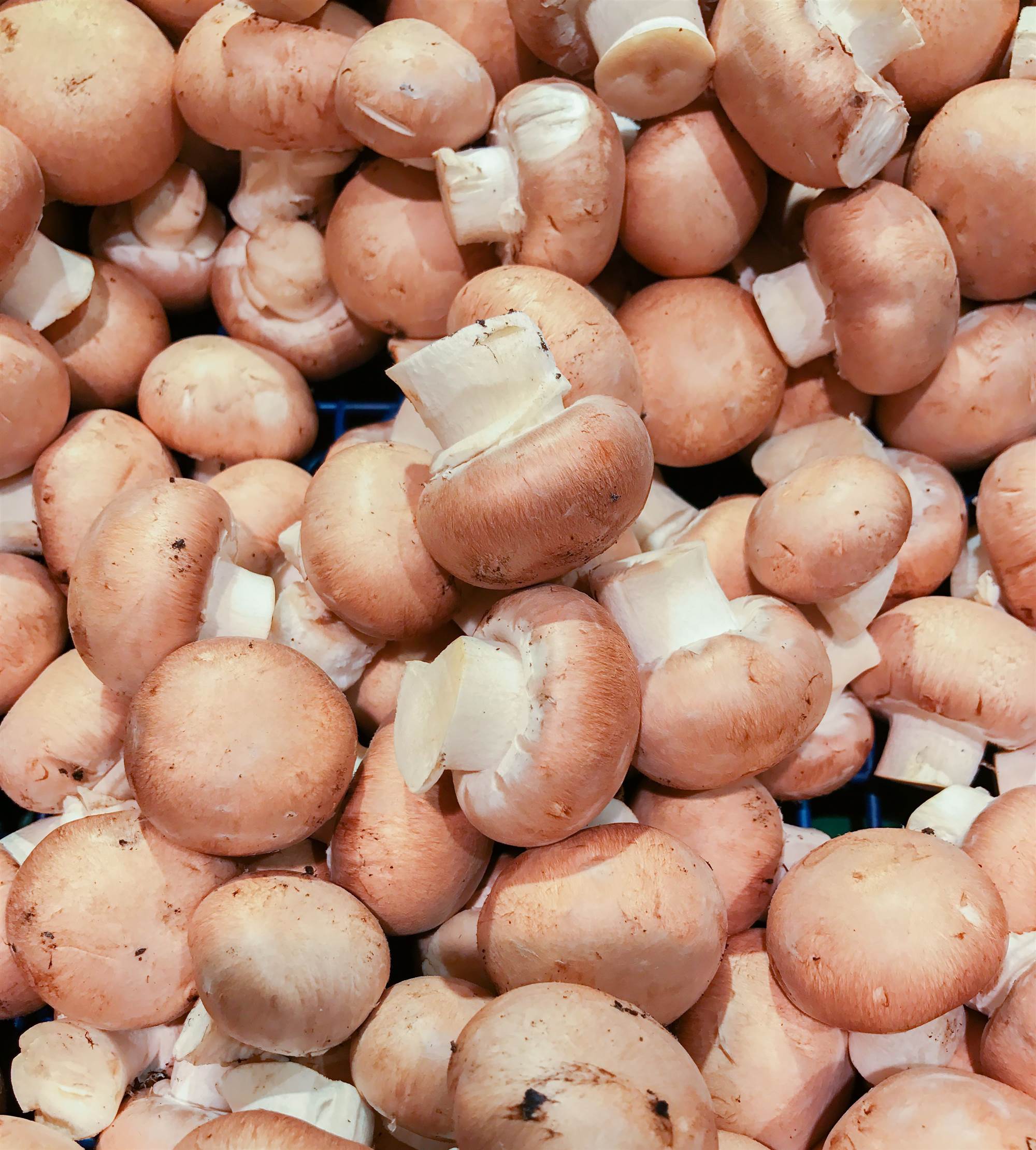
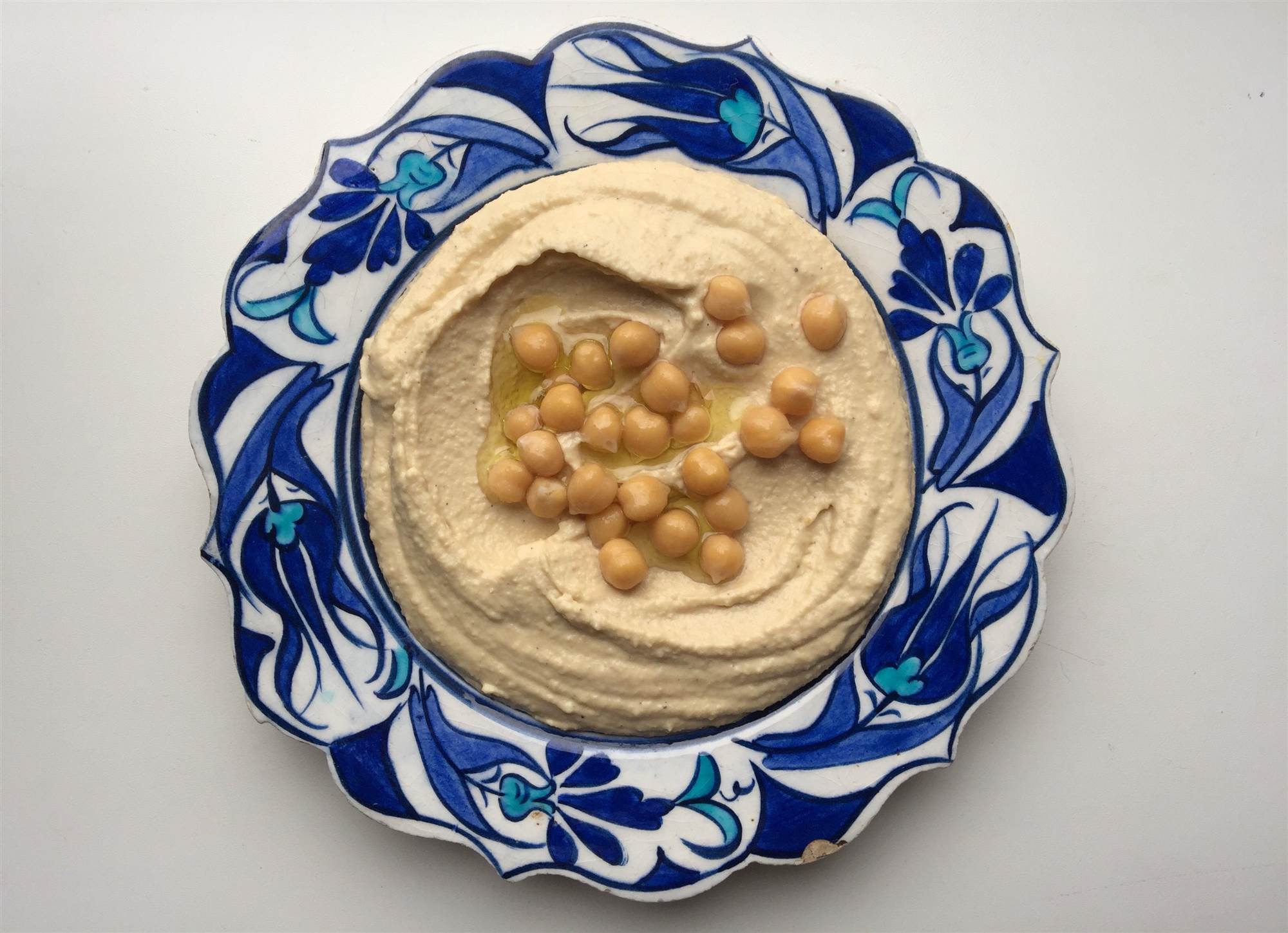
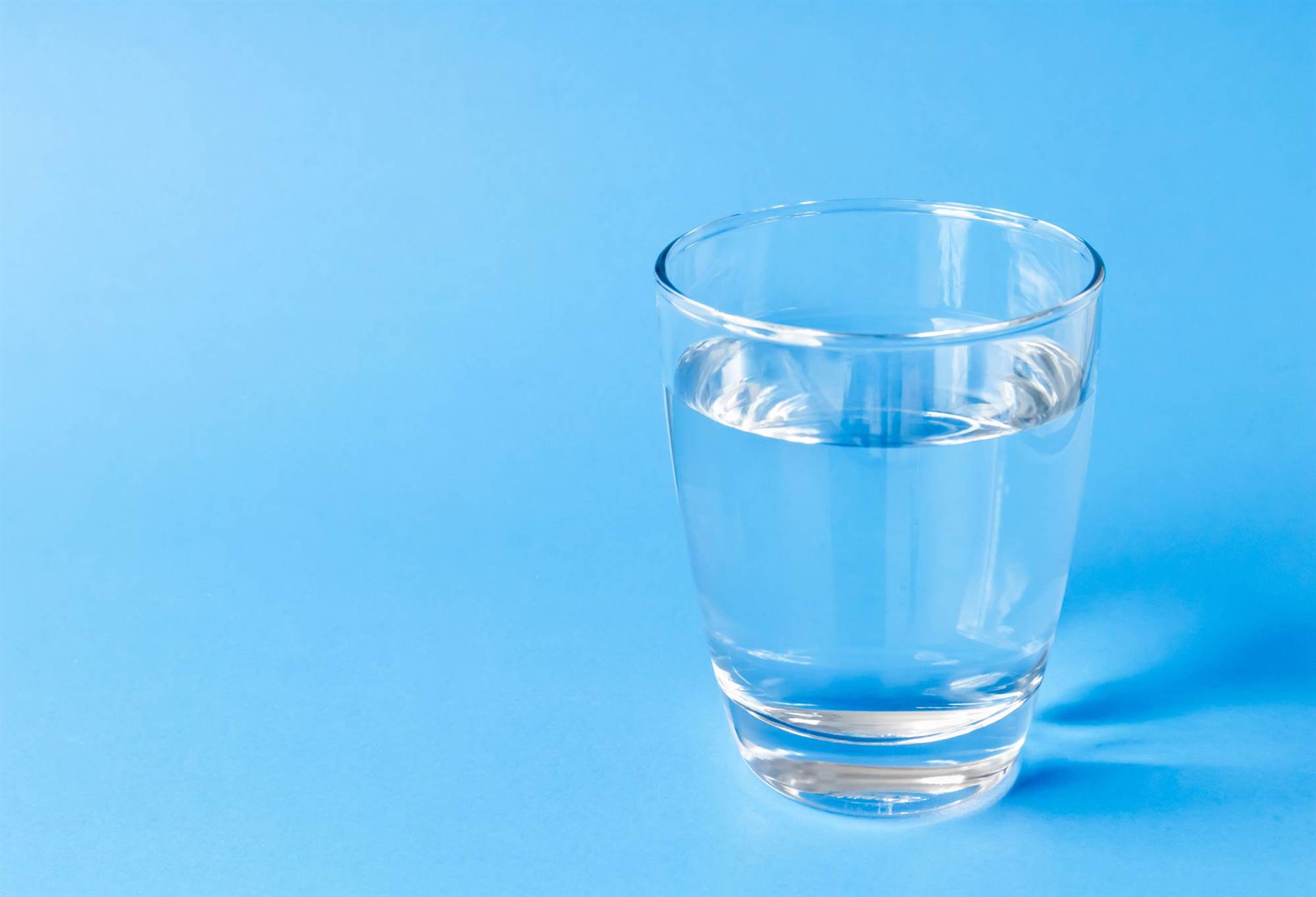
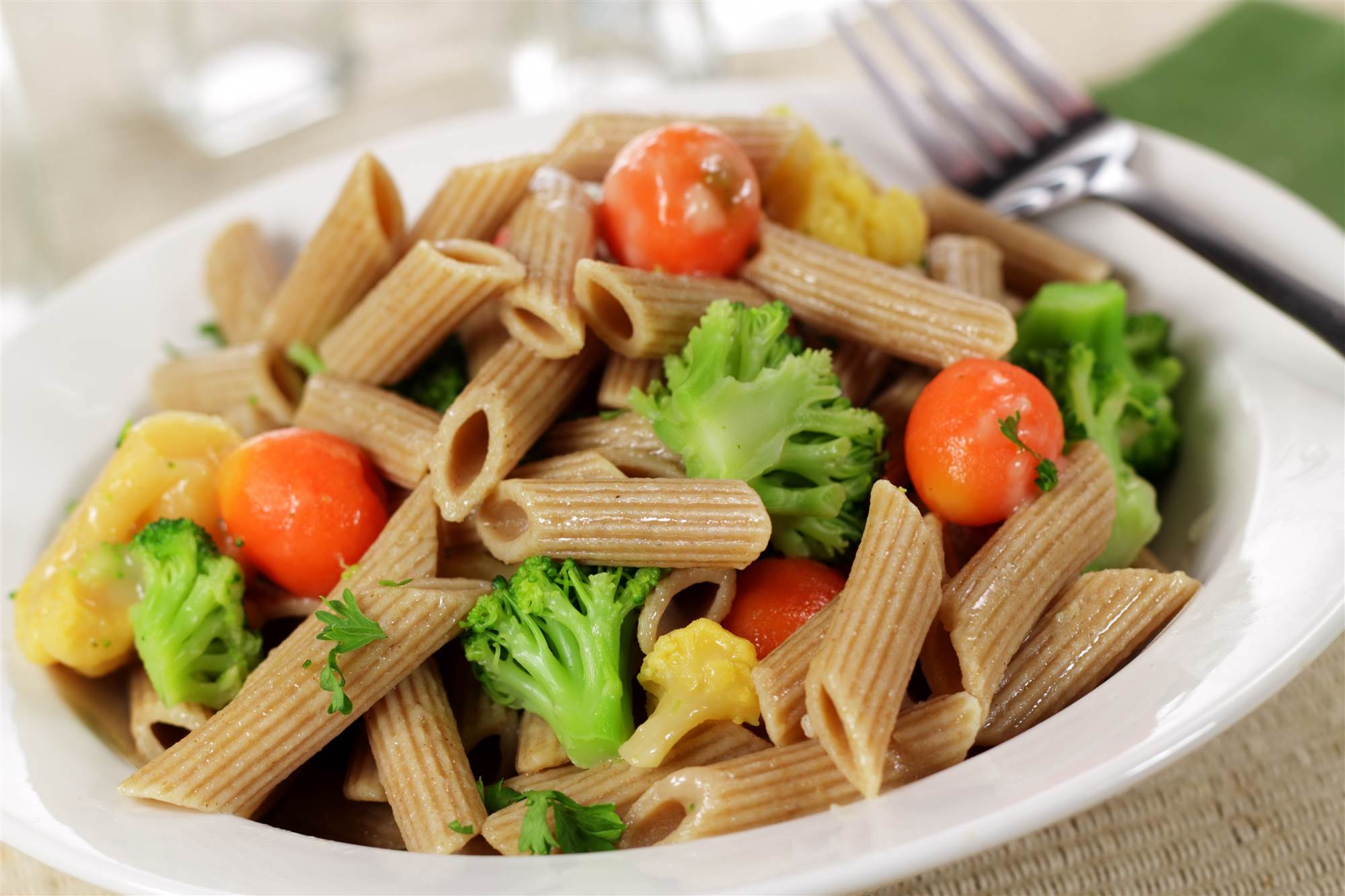
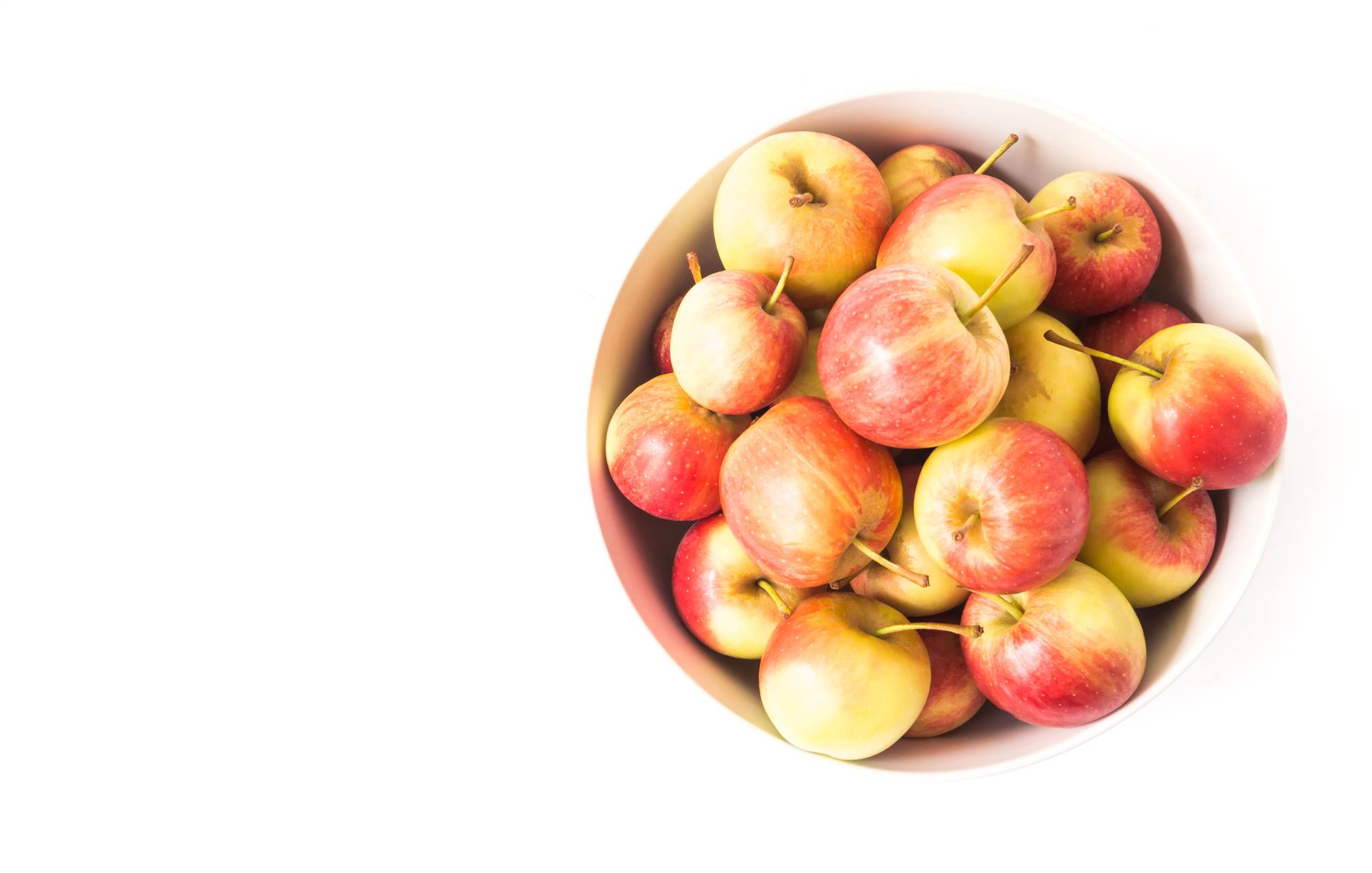
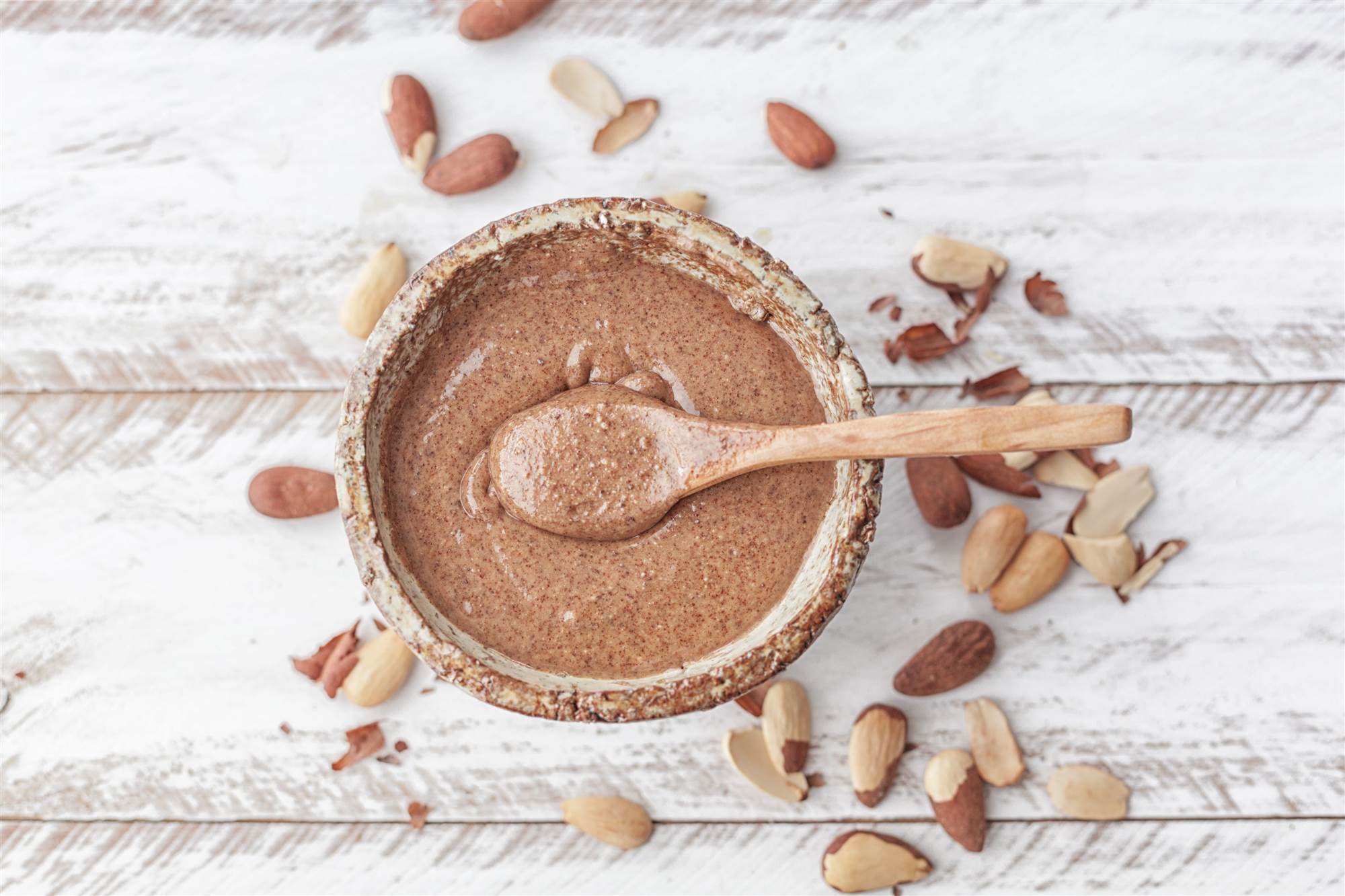
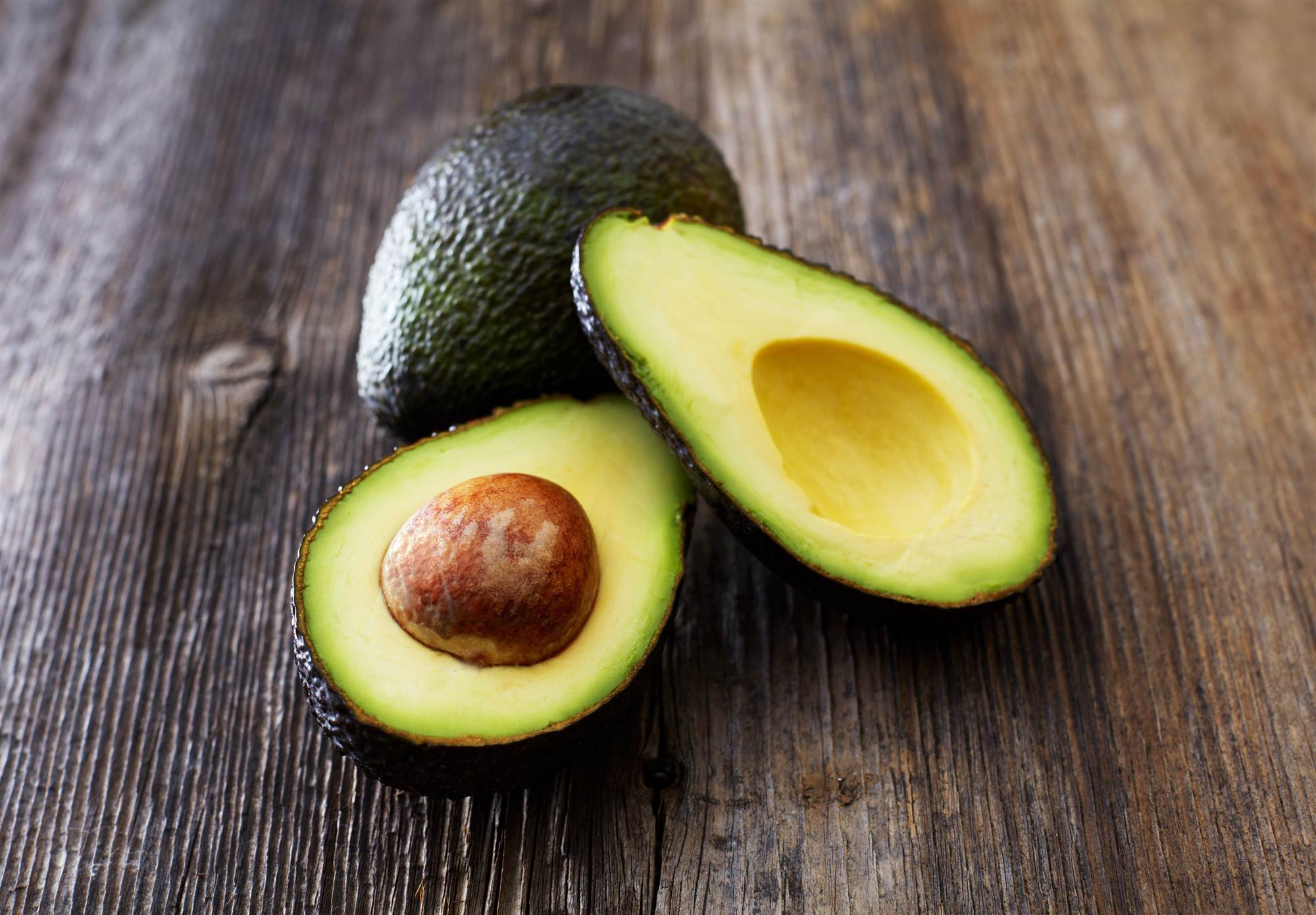
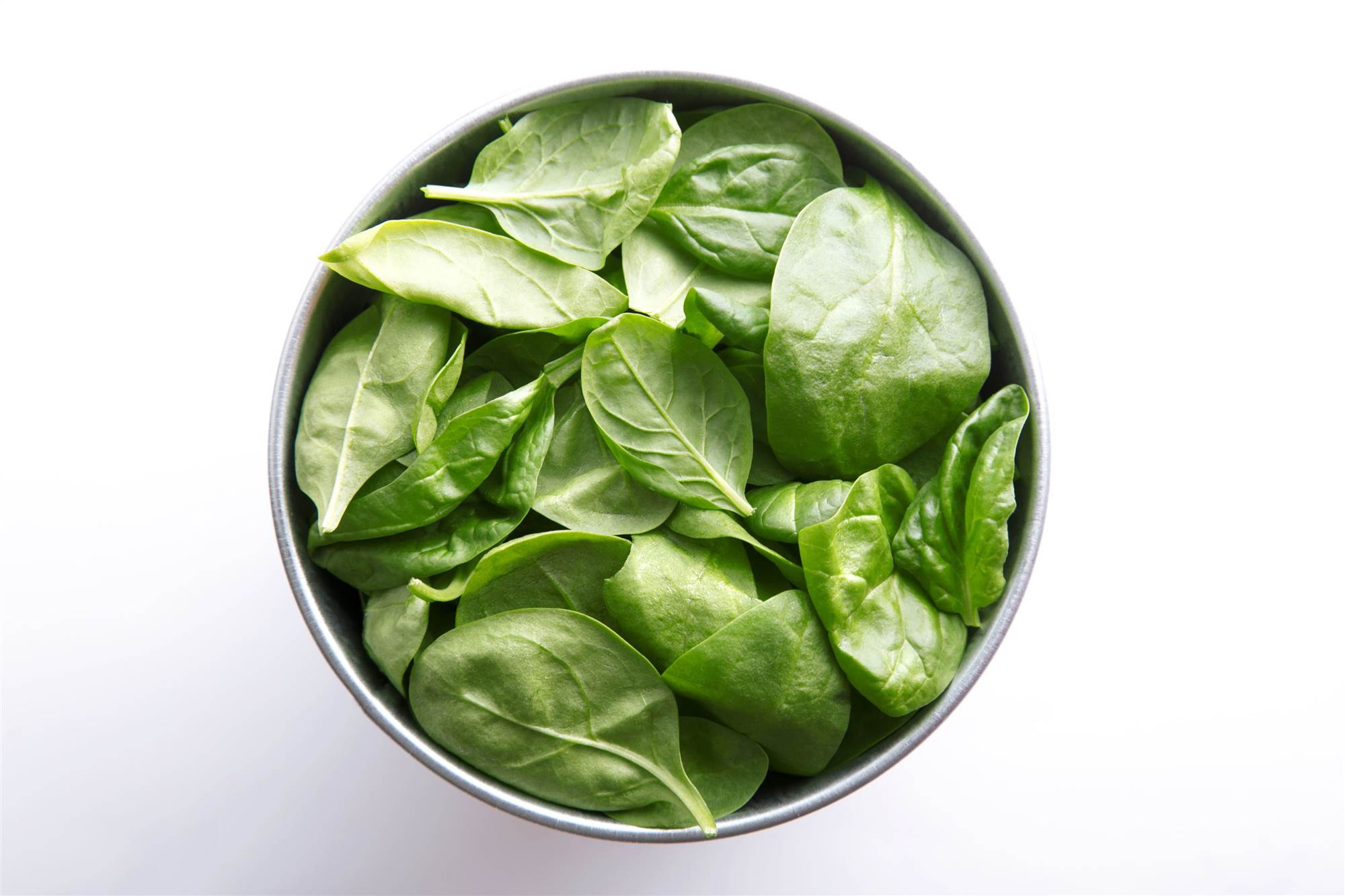
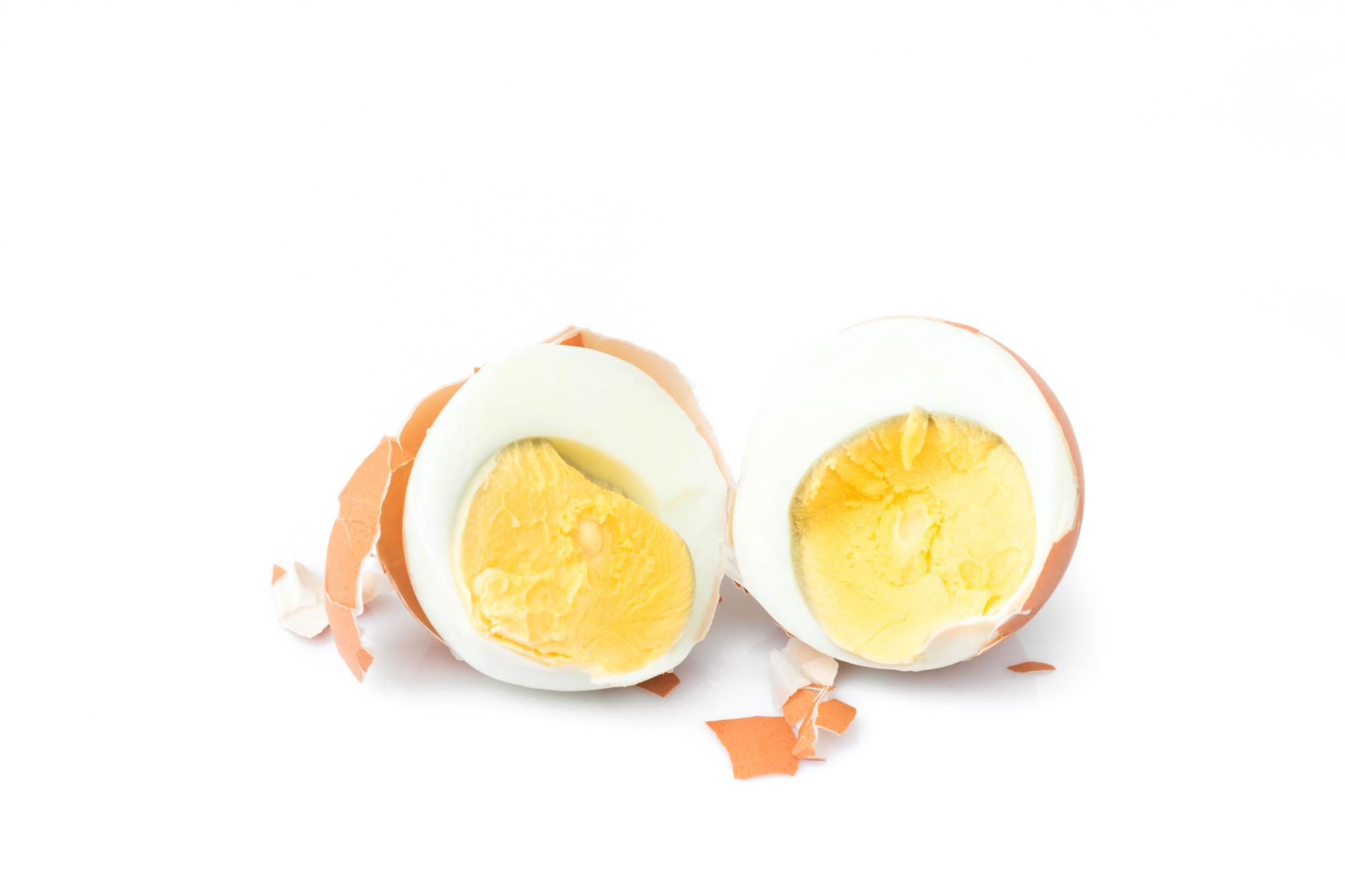
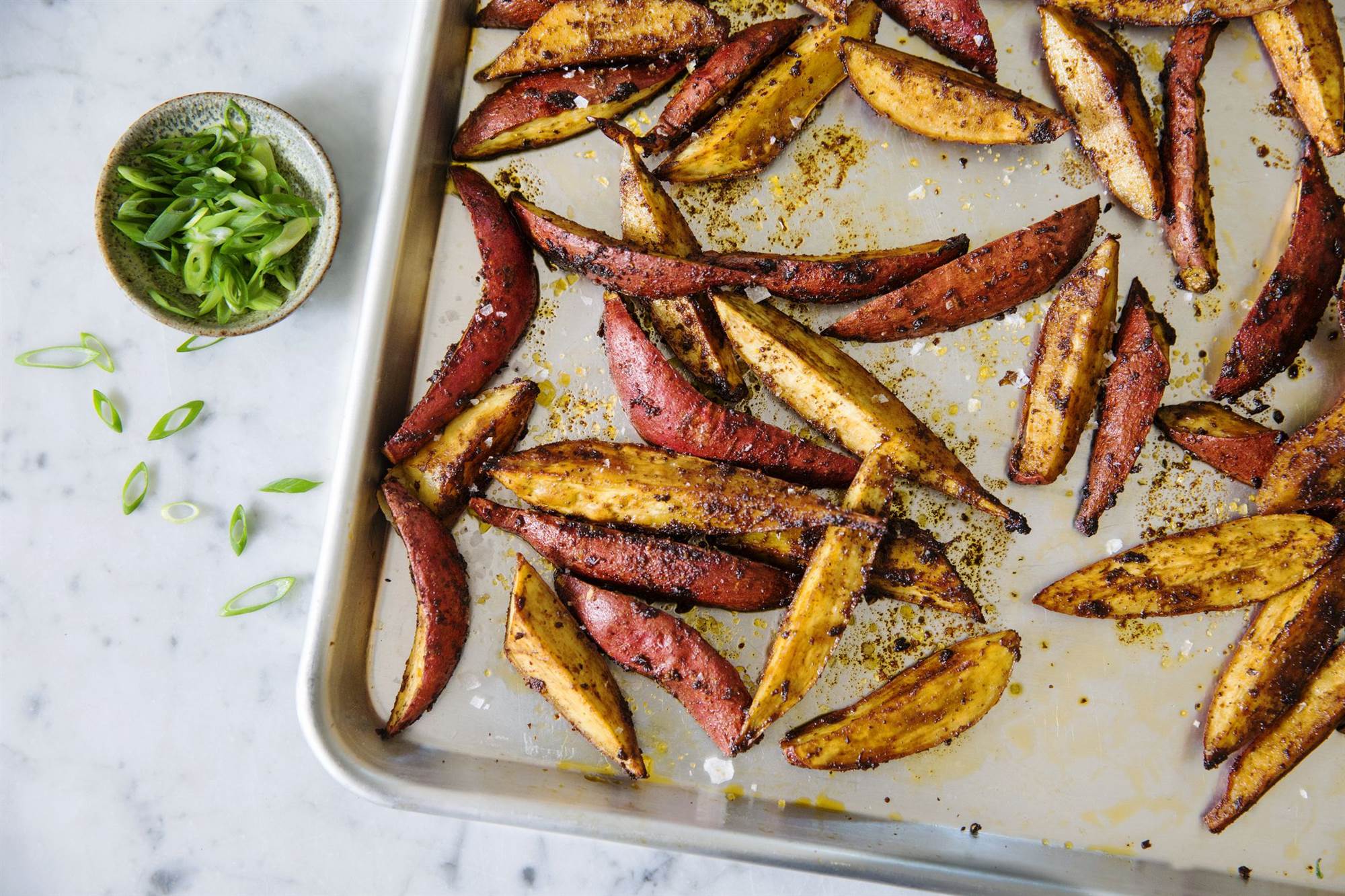
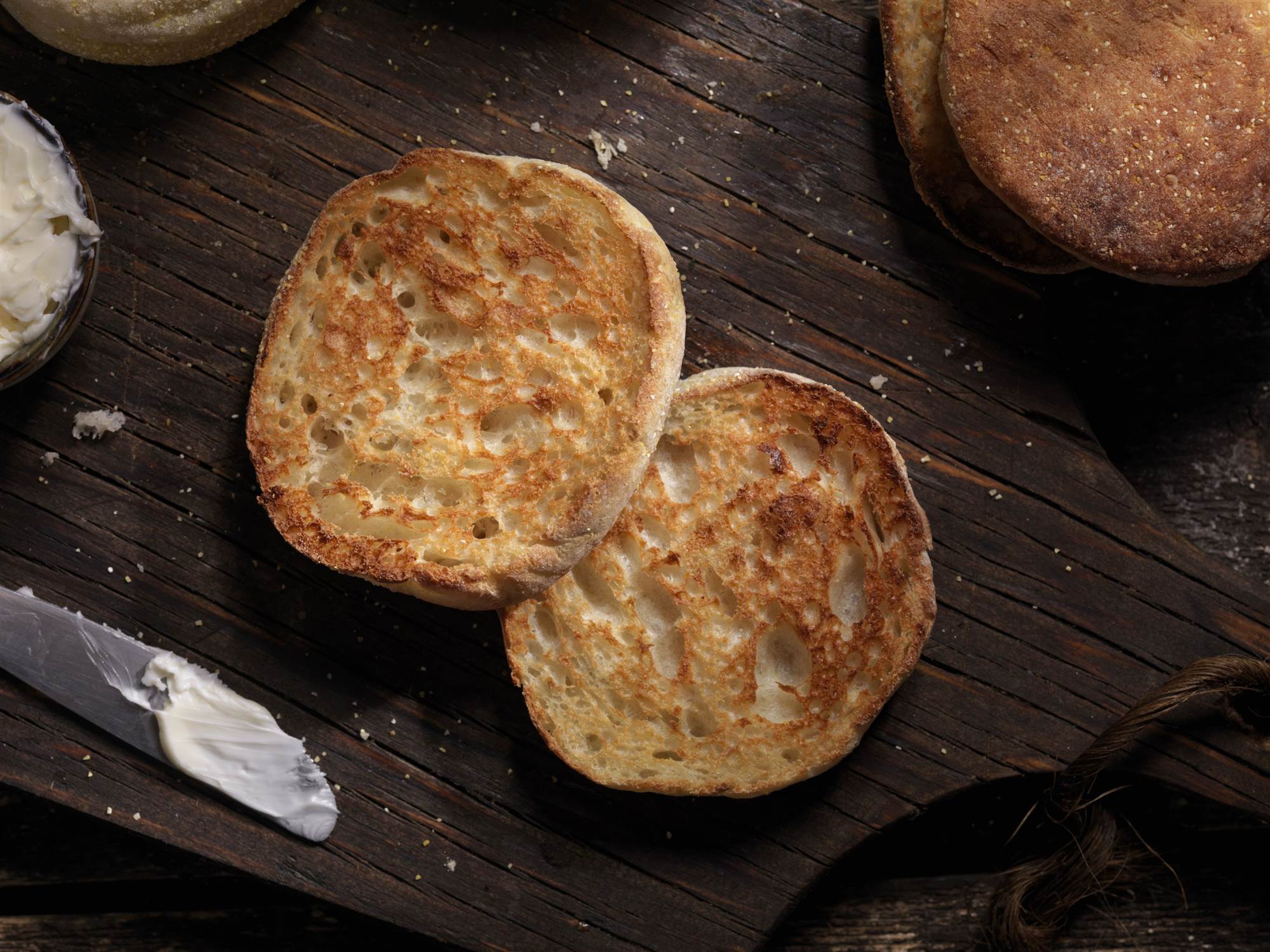
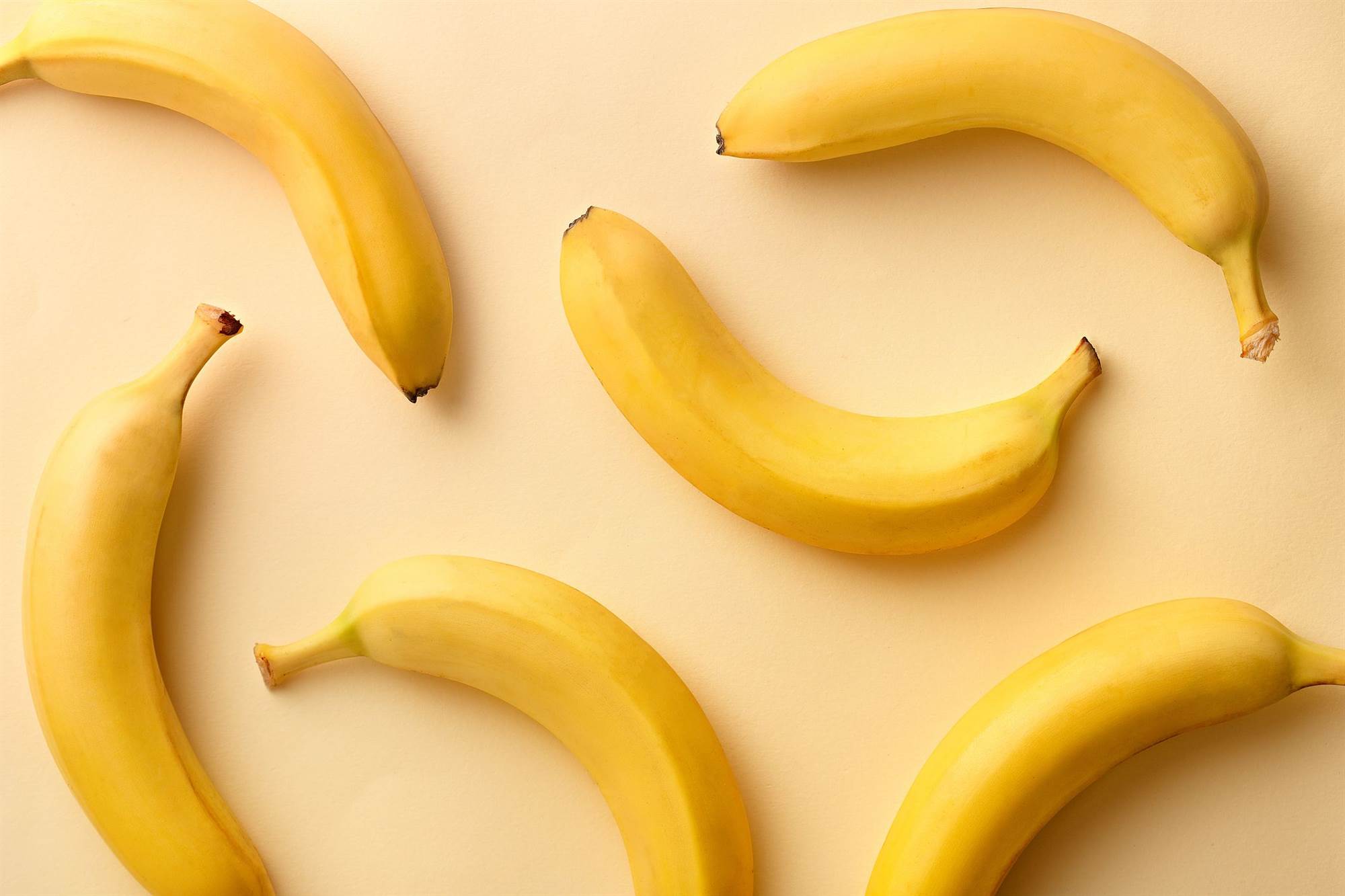
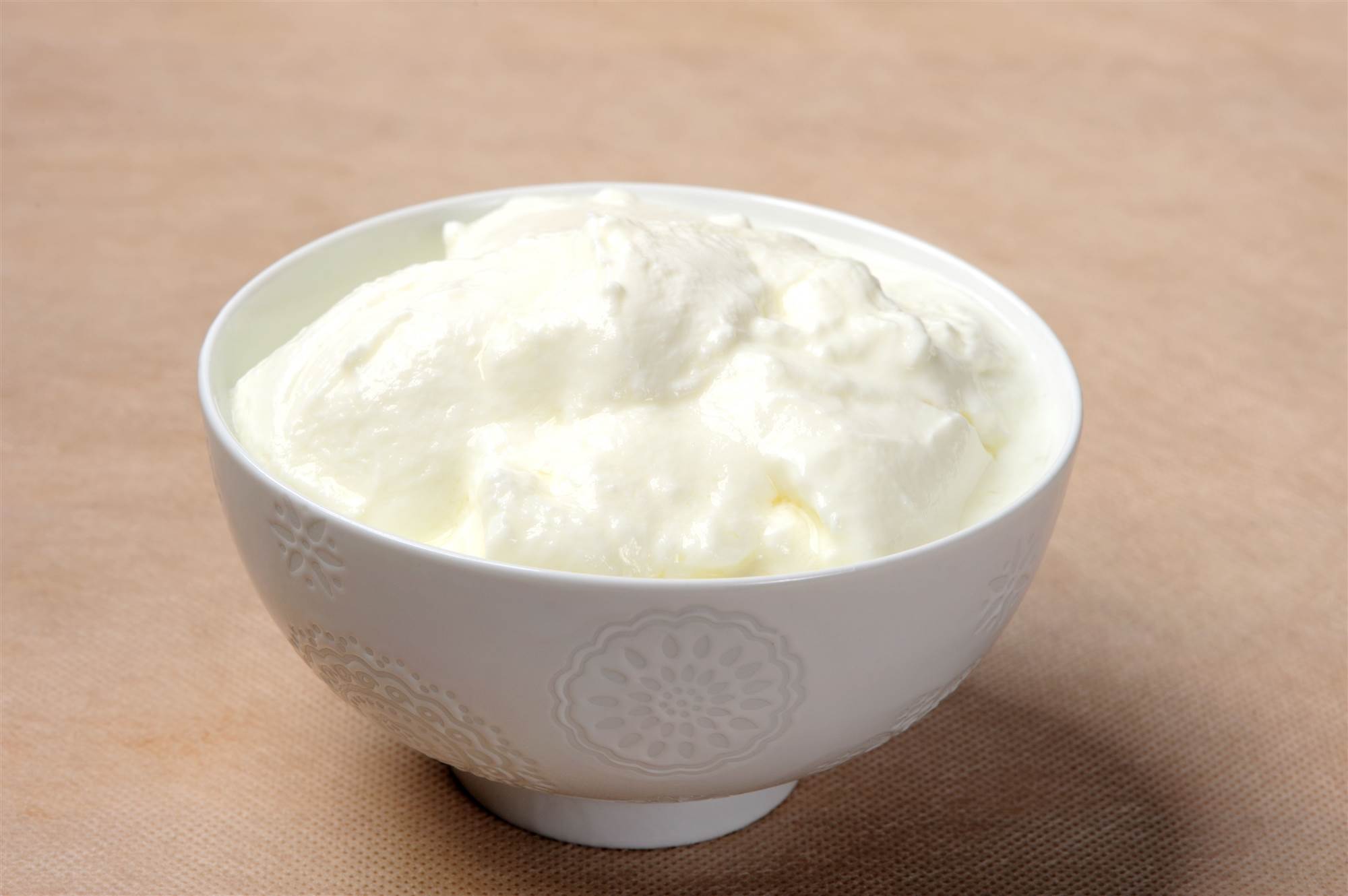
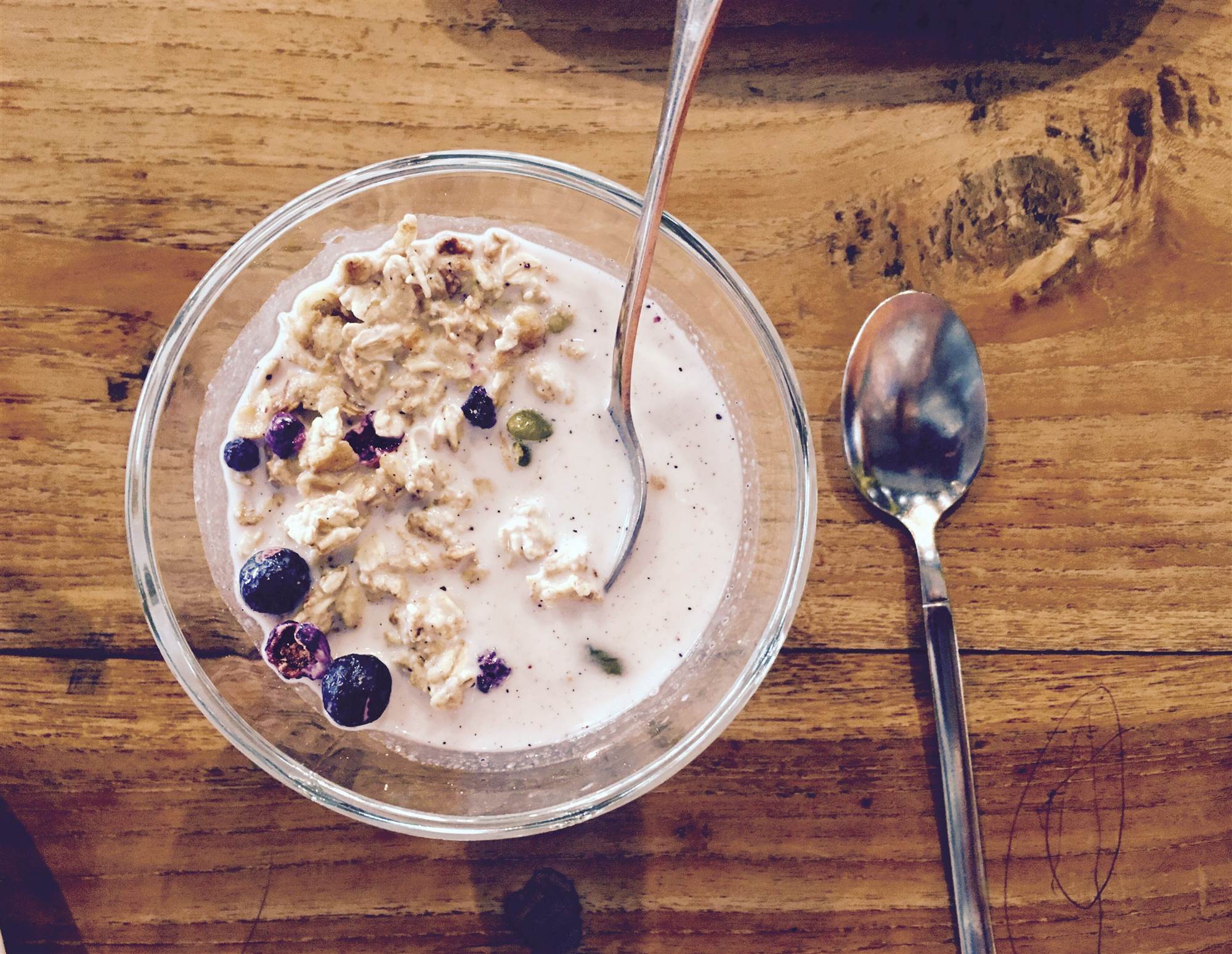
Lisovskaya ©Getty Images
Quinoa and brown rice
Gomer recommends cooking up some of these whole grains, which are high in both fibre and protein. Not only do they make a great accompaniment to any meal or a base for salad, but they will keep you filled up for hours.
Lisovskaya ©Getty Images
Lean proteins such as chicken, turkey, salmon, and lean beef
Protein not only promotes muscle growth and repair, as it is made up of amino acids, the building blocks of your muscle, but it is the preferred fuel to burn fat. “You actually burn more kilojoules to process protein than carbs and fats,” explains Dr Petre. This is due to the fact that it has a higher thermic effect of food, which is the energy you use to digest food into absorbable particles. It also keeps you from eating more, as it slows down digestion and deters excessive snacking. “Over time the kilojoules saved equal weight loss,” she adds. An added bonus? It helps with sugar highs and lows by slowing down the absorption of sugar into your bloodstream, which wards off cravings and keeps your blood sugar from spiking up and down dramatically.
Lisovskaya ©Getty Images
Cinnamon
Increased blood sugar levels cause excess fat to be stored, making it more difficult for people to lose weight. But cinnamon can mimic the activity of insulin, changing the metabolism of carbohydrates and sugar. “The presence of the cinnamon in your body allows your metabolism to speed up just because it takes extra energy to metabolise, which allows you to burn more calories,” explains Dr Petre.
Lisovskaya ©Getty Images
Ginseng
Research has shown ginseng's effectiveness against diabetes and obesity, by helping speed up your metabolism, burn more fat, and making you feel more energetic throughout the day. The easiest way to consume ginseng is by drinking it as tea.
Lisovskaya ©Getty Images
Ginger
Fresh ginger root is packed with beneficial nutrients and relaxes the intestinal tract, explains Dr Petre. It also helps lower inflammation and cholesterol, improves digestion, provides general relaxation, and burns fat. (There are other benefits of ginger, too, including muscle pain relief and lowered risk of heart disease.)
Lisovskaya ©Getty Images
Turmeric
Not only will turmeric help speed up your metabolism and burn fat, which will result in weight loss, but it can also help reduce cholesterol levels and benefit weight loss by reducing adipose tissue weight gain, according to Dr Petre. “Turmeric also contains an anti-inflammatory component, curcumin, that suppresses inflammatory messaging in many cells, including fat, pancreatic and muscle cells. This can help curb insulin resistance, high blood sugar, high cholesterol levels, and weight gain,” she adds. (Check out these other turmeric health benefits.)
Lisovskaya ©Getty Images
Kale
Kale earns its superfood status by being low in kilojoules and packed full of vitamins and minerals. “Kale contains manganese, a mineral essential for processing food into energy for your cells,” explains Dr Petre. It is also rich in protein, at 2 grams a cup and is full of antioxidants that counteract ageing and diseases such as cancer.
Lisovskaya ©Getty Images
Cucumber
Cucumbers are loaded with fibre, and low in kilojoules, making them great for digestive health and weight loss, explains Dr Petre. They also contain the flavonol antioxidant, quercetin, helping fight inflammation in the digestive system and reducing the symptoms of leaky gut. “Cucumbers help detoxify the liver by removing waste and toxins from the digestive tract and blood,” she adds. “Packed with magnesium, the seeds help avoid constipation by hydrating the digestive lining.”
Lisovskaya ©Getty Images
Chocolate
No, this is not a typo. According to nutritionist Laura Cipullo chocolate can actually help keep your diet on track, by preventing the “last supper” syndrome of binge-eating. “In an effort to convert this attempt at being healthy to a new lifestyle, start with food you know you already love, such as dark chocolate or even milk chocolate,” she explains to Prevention. Why chocolate? It contains antioxidants and is a source of satiating fat. “You need fat in your diet to feel full so don’t feel bad about including chocolate in your diet,” she says.
Lisovskaya ©Getty Images
Beans
Beans are an important weight loss food, as they are not only versatile, but will help you to feel full for hours due to their high content of insoluble fibre. “Insoluble fibre expands in your belly and GI tract when combined with any liquids. You may at first seem full and perhaps bloated, but the added liquid will help to create a bowel movement which leaves you feeling ‘regular’ and without bloat,” explains Cipullo.
Lisovskaya ©Getty Images
Mushrooms
Cipullo points out that button mushrooms contain glutamic acid, a compound that tastes just like salt. Instead of noshing on potato chips or salted nuts - foods that most of us struggle to eat in small quantities - add raw or cooked mushrooms to your sandwich, wrap or as a side with lunch to get the salty taste you crave. You can also incorporate them in nearly every meal, including omelettes, salads, and wraps, stir fry and stews. Some people are even making mushroom coffee.
Lisovskaya ©Getty Images
Hummus
The middle eastern spread - made primarily out of garbanzo beans, olive oil, and tahini - is a great diet food according to Cipullo. “It’s rich, creamy, and available in a myriad of satisfying flavours,” she explains. She suggests using one-third a cup to add to veggie sandwiches or just as a snack with a side of veggies. “When used in one-third cup portions, the hummus can qualify as both a source of vegetarian protein and monounsaturated fat.”
Lisovskaya ©Getty Images
Water
Okay, so water is not a food, but it is definitely a must-have when optimising your nutrition goals, according to Cipullo. “Warm water is great for stimulating the gastrointestinal tract, helping to prevent constipation (especially with an increase in dietary fibre) and giving you something to fulfill your oral fixation at night,” she suggests. This means when you notice yourself eating for behavioural reasons after dinner, grab a mug of warm water. Add an edible essential oil, such as peppermint or lavender, or a squeeze of citrus. It will not only relax you, but also curb those cravings.
Lisovskaya ©Getty Images
Whole wheat pasta
It can be difficult for many people to avoid pasta while trying to lose weight, but according to Cipullo, you don’t have to. “I don’t know any dietitians who don’t eat pasta,” she says. She suggests eating whole wheat pasta, which will provide your carb fix, while fueling your brain and muscles. “Carbohydrates are the primary source of energy from the brain and even muscles,” she adds. “Having carbohydrates stored in your muscles is essential to keep you energised in between meals and even while on the spin bike or during your favourite exercise class. Don’t fear carbs; rather find a way to include all foods in moderation.”
Lisovskaya ©Getty Images
Apples
Cipullo strongly suggests making “an apple a day” your new mantra, mainly because it is a great source of pectin. “The pectin in apples really serves to satiate and the crunch when eating an apple appeals to psychological satisfaction,” she explains. Basically, you won’t need chips when you can crunch on crisp apples. She suggests sticking with seasonal and organic apples since conventional apples tend to be stored a long time, which makes them lose nutritional value, and be ridden with pesticides.
Lisovskaya ©Getty Images
Nut butter
Cipullo maintains that a natural nut butter is ideal for preventing overeating. “As a nutritionist, I recognise the value of blood sugar and hormone management for identifying satiety and staying full,” she explains. “By eating carbs, proteins and fats together, you lower the glycaemic load of the meal and therefore decrease your output of insulin.” Clients who are insulin resistant tend to feel hungrier and gain weight in their abdominal area. “Eat peanut butter or almond butter with your overnight oats or your fruit at snack time.”
Lisovskaya ©Getty Images
Avocado
Avocado is rich in monounsaturated fat - the good kind - and is a great food to eat when you are trying to lose weight because it helps increase satiety until your next meal, explains dietitian Lisa Mikus. She also points out that about half an avocado offers 6 grams of fibre and more potassium per gram than bananas.
Lisovskaya ©Getty Images
Spinach
Folate-packed and fibre-friendly, this leafy green is a wonderful food to incorporate into your intake. “Spinach has a high water content which makes it lower in overall calories, while offering a high nutrient content,” explains Mikus. She suggests eating raw in salads, sautéing with olive oil, garlic and lemon, or adding to smoothies.
Lisovskaya ©Getty Images
Whole eggs
Eating whole eggs - versus just egg whites - provides fat, fat-soluble vitamins, and protein according to Mikus. “The combination of fat and protein keeps you feeling full for a longer period of time while the body slowly breaks down these macronutrients,” she explains.
Lisovskaya ©Getty Images
Sweet potatoes
Sweet potatoes are high in fibre, vitamin C, and also have high levels of beta-carotene. “This versatile root vegetable makes a wonderful addition to a balanced dinner and is even great as a snack,” Mikus says.
Lisovskaya ©Getty Images
Whole wheat English muffins
Whole wheat English muffins offer B-vitamins, iron, and fibre, and just one provides 5 grams protein and 500kJ (120cal). “Try topping with a sunny side up or a scrambled egg, or 1-2 tbsp almond or peanut butter for protein and fat,” Mikus suggests.
Lisovskaya ©Getty Images
Bananas
Are bananas good for you? You bet! A banana, only 418kJ (100cal) and boasting 3 grams of fibre, is a filling snack - especially when paired with a nut butter. An added bonus? They provide a good source of potassium and magnesium, says Mikus.
Lisovskaya ©Getty Images
Greek yoghurt
Mikus explains that nutritionists prefer Greek yogurt over traditional yogurt because it’s higher in protein and naturally lower in carbohydrates - traditional yogurt has a whopping 30 grams compared to Greek’s 8 grams. It is also a great source of protein, which helps balance the carbohydrates it also provides. She suggests buying organic or hormone-and-antibiotic-free dairy.
Lisovskaya ©Getty Images
Porridge
Porridge not only provides soluble fibre, but has a higher protein content than most other grains, explains Mikus. "Eat porridge in the mornings for a wholesome start to your day that will keep you full for 3-4 hours," she advises. Consider topping with chopped almonds for more protein and blueberries for added fibre.



.jpg&h=90&w=90&c=1&s=1)


.png&h=193&w=250&c=1&s=1)
.png&h=193&w=250&c=1&s=1)

